Regarding the draft Law on Personal Income Tax (replacement) that has just been released by the Ministry of Finance for comments, the Ministry of Finance informs and clarifies a number of issues of public concern, especially regarding the content of calculating personal income tax on real estate transactions.
The Ministry of Finance said that for income from real estate transfer activities, the current Personal Income Tax (PIT) Law stipulates that PIT on real estate transfer is 2% of the transfer price each time.
However, recently, there have been many opinions that it is necessary to study regulations on personal income tax collection for real estate transfer activities to ensure compliance with the nature of economic transactions.
Specifically, personal income tax is collected at a rate of 20% on taxable income; in which, taxable income is determined by the real estate transfer price for each transfer minus the real estate purchase price and related expenses.
In response to the above comments, in the draft Law on Personal Income Tax (replacement), the Ministry of Finance is proposing an additional option to collect personal income tax on real estate transfers at a tax rate of 20% on income. Through calculations, compared to the current tax rate of 2% on transfer prices, collecting 20% tax on taxable income will regulate the tax to ensure it is at an equivalent level.
In some cases (the difference between the selling price and the purchase price is less, there is no income or loss), collecting 20% on income will be more beneficial for individuals, regulating the tax collection according to the actual income of real estate transactions.
However, the collection of personal income tax using the 20% method on income needs to have a suitable roadmap, ensuring synchronization with the process of perfecting other policies related to land, housing, or the readiness level of the database as well as the information technology infrastructure on registration and transfer of land, real estate... Thereby, it can create conditions for tax authorities to have enough information and legal basis related to real estate transfer activities to collect the correct amount of tax payable.
Regarding the application of personal income tax related to the real estate holding period, in the draft Law on Personal Income Tax (replacement), the Ministry of Finance proposed the personal income tax rate for real estate based on the holding period to limit speculation.
Refer to the experience of some countries that have used tax tools, including personal income tax, to increase the cost of speculative behavior and reduce the attractiveness of real estate speculation in the economy. In particular, some countries have applied taxes on profits from real estate transactions in accordance with the frequency of transactions and the time of holding real estate.
However, the Ministry of Finance will continue to refer to the experience of countries with similar conditions to make suitable proposals for Vietnam.
According to the provisions of the Law on Promulgation of Legal Documents, the Ministry of Finance is drafting the Law on Personal Income Tax (replacement), which comprehensively amends the provisions related to the current personal income tax policy with 6 policy groups.
That is to complete regulations related to personal income taxable income and tax calculation for each type of taxable income.
Amending and supplementing regulations related to tax-exempt income and personal income tax reduction to implement the policies and guidelines of the Party and State, especially for the requirements of promoting science and technology, innovation, digital transformation, private economic development and sustainable development, rural agriculture , etc.
Perfecting regulations on personal income tax for business individuals.
Adjust the family deduction level to suit the fluctuations of macroeconomic indicators, price indexes and people's living standards in the past and forecast for the coming period; amend and supplement regulations related to deductions for charitable and humanitarian contributions and other specific deductions.
Adjusting the progressive tax schedule applicable to resident individuals with income from salaries and wages and the tax rates in the full tax schedule for certain types of income.
Review, amend and supplement regulations on tax calculation period, tax deduction, time for determining taxable income; amend and supplement regulations on responsibilities of organizations and individuals paying income and responsibilities of taxpayers.
Source: https://hanoimoi.vn/de-xuat-tinh-thue-20-tren-lai-tung-lan-chuyen-nhuong-bat-dong-san-bo-tai-chinh-noi-gi-710065.html


![[Photo] Prime Minister Pham Minh Chinh attends a conference to review one year of deploying forces to participate in protecting security and order at the grassroots level.](https://vphoto.vietnam.vn/thumb/1200x675/vietnam/resource/IMAGE/2025/11/12/1762957553775_dsc-2379-jpg.webp)



![[Photo] Highways passing through Dong Nai](https://vphoto.vietnam.vn/thumb/1200x675/vietnam/resource/IMAGE/2025/11/12/1762940149627_ndo_br_1-resize-5756-jpg.webp)

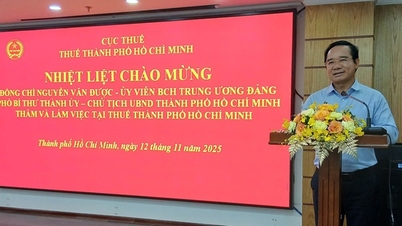



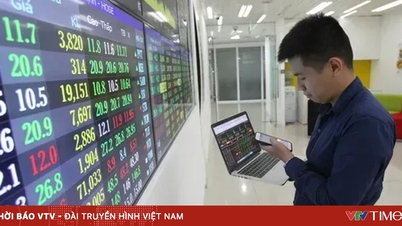


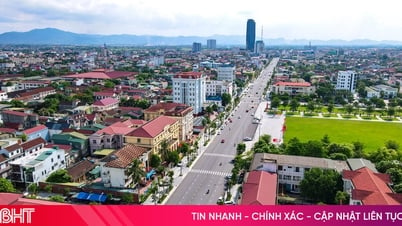









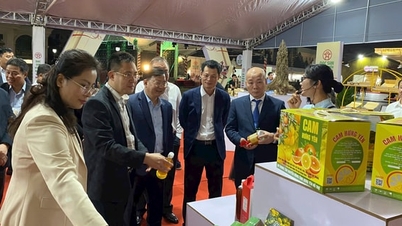
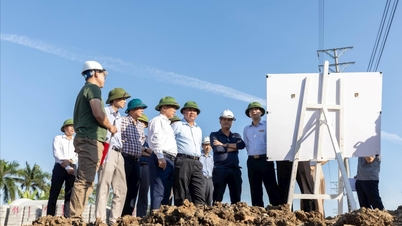






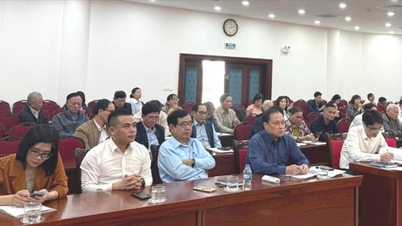
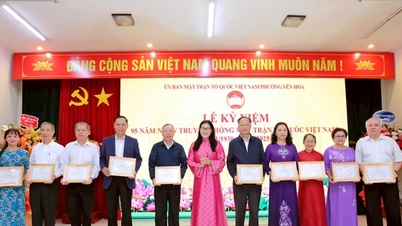

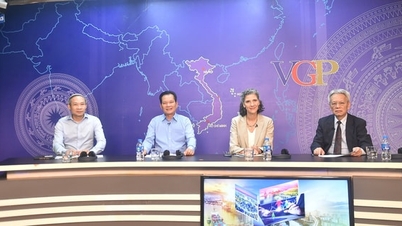
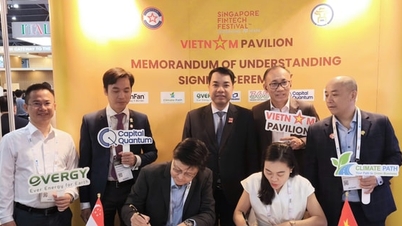






























































![Dong Nai OCOP transition: [Article 3] Linking tourism with OCOP product consumption](https://vphoto.vietnam.vn/thumb/402x226/vietnam/resource/IMAGE/2025/11/10/1762739199309_1324-2740-7_n-162543_981.jpeg)







Comment (0)